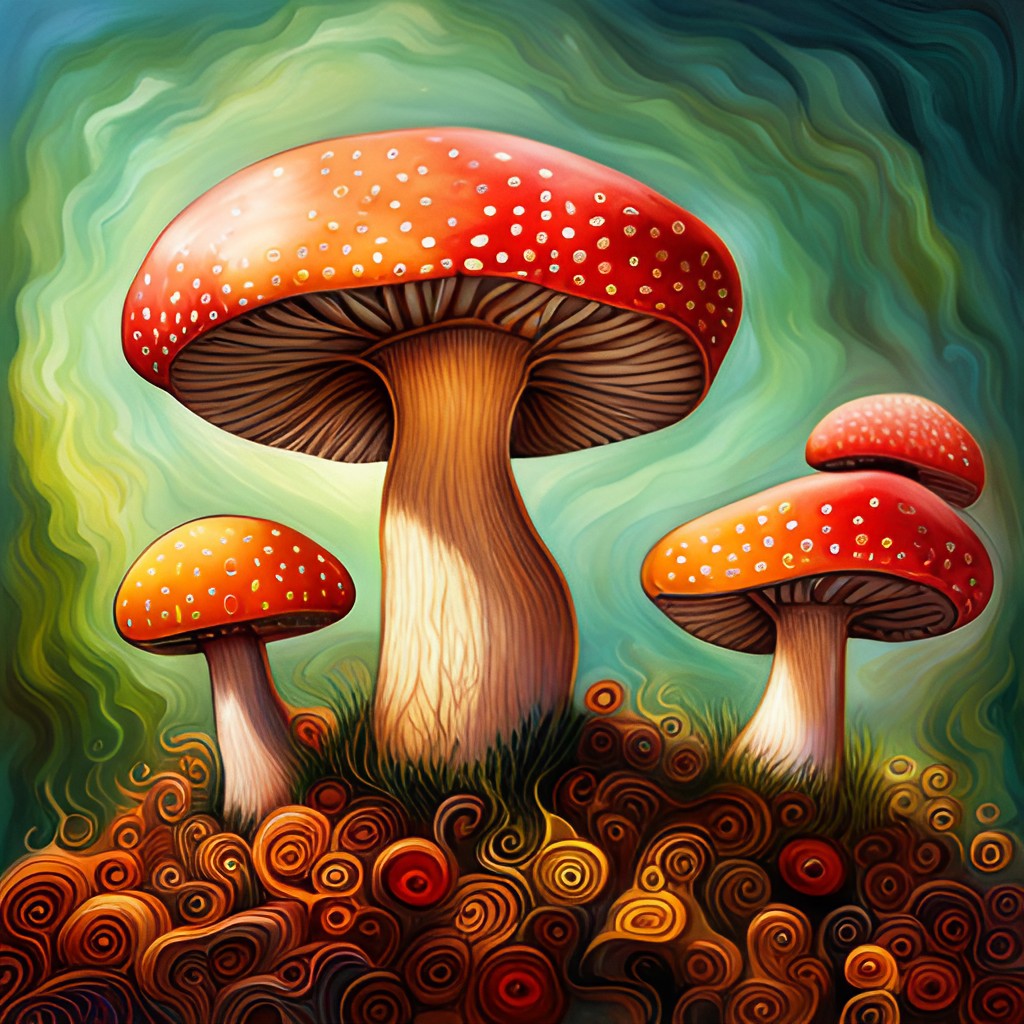
More research into psychoactive drugs is a good thing
The Netflix docuseries How to Change Your Mind does a good job exploring why psychoactive drugs such as MDMA, mescaline and psilocybin can offer some real benefits, therapeutically. And it makes sense. These substances affect our brains in ways that allow us to see things from a different perspective, letting go of old patterns and emotional baggage.
It was Paracelsus who said “all things are poison, and nothing is without poison; the dosage alone makes it so a thing is not a poison.” Yet there is still much stigma and fear surrounding these psychoactive compounds. This can make it challenging for researchers to conduct further studies on their potential therapeutic benefits.
Psilocybin as a treatment for end-of-life patients
Out of the entire series it was psilocybin, for me, that seemed the most interesting, and a lot of that perhaps has to do with the context in which they presented it.
It’s estimated that 1 in 2 of us will suffer one form of cancer during out lifetime, and by now we’re all very familiar how terrible that can be. A lot of the time however we may equate cancer with the physical symptoms: weight loss, pale skin and hair loss. We don’t always account for mental drain just knowing you have cancer can do. The anxiety. The uncertainty. The constant reminder of your mortality driven by a fear of death.
Perhaps it is our shared fear of death that can worsen this anxiety, but it doesn’t have to be. Psilocybin can gift an experience that can change the relationship one has with death. That doesn’t mean they’ll welcome death, rather it can be accepted. If it doesn’t come that’s great news, but when it does it won’t be as scary. And you can get that from consuming a mushroom.
Wouldn’t you want that for one of your loved ones? I’m not campaigning to have psilocybin legalised, that’s a different article, but perhaps we should start seeing it as a tool in the palliative care toolbox. And the toolbox of mental illness too.
Psilocybin for the treatment of mental health
A recent study concluded that a single dose of psilocybin, the psychedelic compound in magic mushrooms, can help reduce symptoms of depression. It can have a significant impact when used alongside psychological support. That can provide far better support in the long run compared with our current anti-depressive drugs like serotonin reuptake inhibitors (SSRI’s).
Not that I’m against SSRI’s. They too are another tool in the toolbox. What I am against however is what seems to have become all too common, dosing patients with antidepressants without appropriate support from a therapist. In my experience, as a pharmacist for over a decade, it’s a shame that so many are left to take these drugs for 10, 20, 30 years non-stop, never addressing the root cause. Never being equipped with the mental tools to deal with what’s bothering them.
Of course we can’t put everyone in the same box, but we do know after many years of taking such medicines it’s very difficult to stop, the brain chemistry is perhaps permanently altered, I don’t know. What I do know is for the few of my patients that tried to ween off after so many years, they couldn’t.
Psilocybin isn’t risk free
On the flip side psilocybin can cause headaches, nausea, dizziness, fatigue, and thoughts around suicide, so it’s not for everyone. In fact, most clinical trials using psilocybin for treating depression only allow the recruitment of participants with ‘treatment resistant depression’, but that still permits research, and that’s a good thing.
I’d like to see more research into psychoactive drugs for therapeutic benefit. Go and watch the docuseries How to Change Your Mind on Netflix if you haven’t already
Last updated: NOV-2023